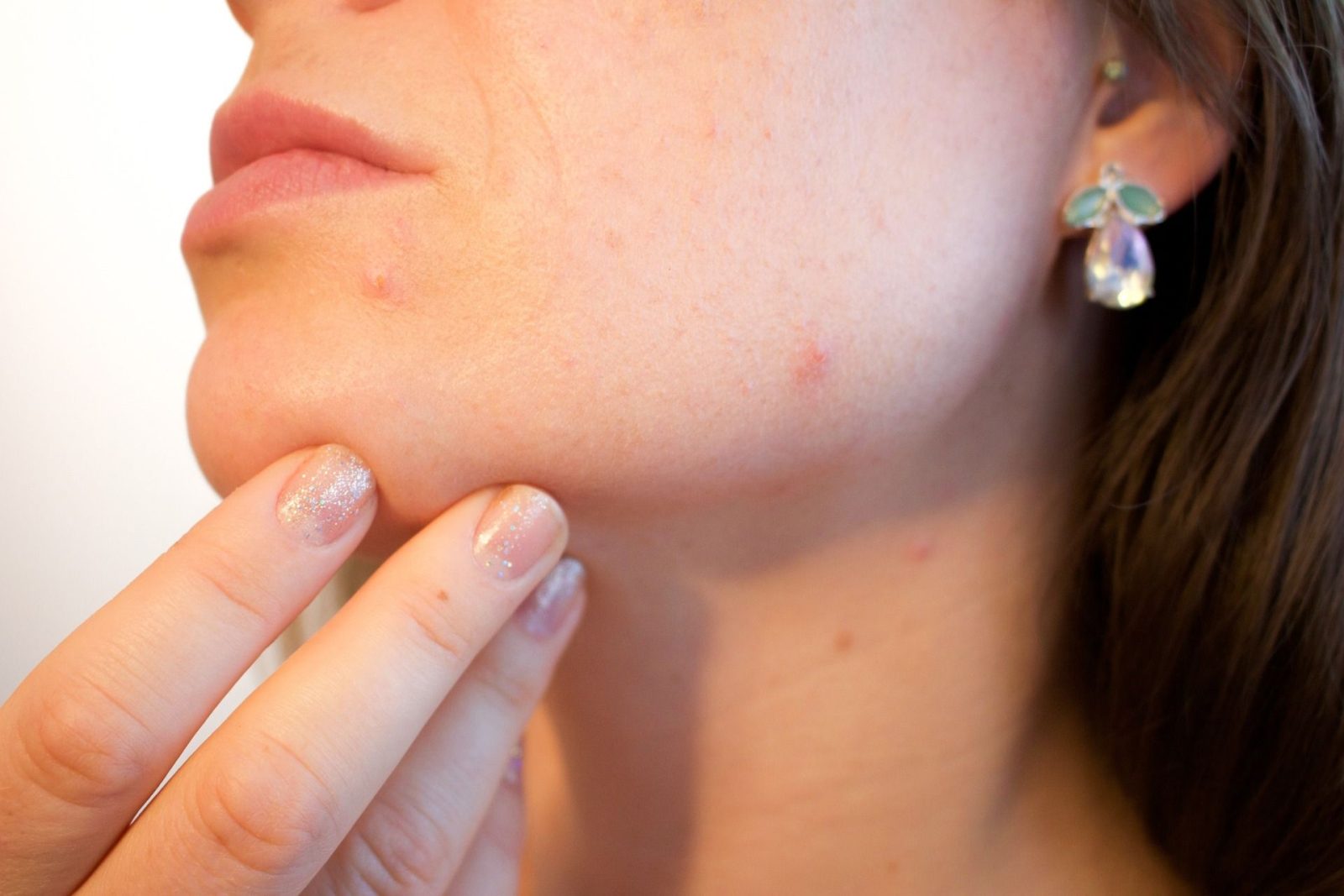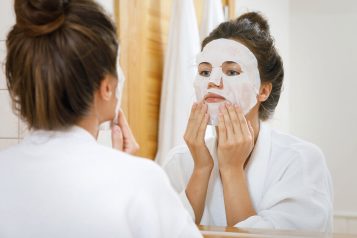 Photo Credit: APG
Photo Credit: APG
Have you ever found yourself seeking a dermatologist’s advice, only to be handed a prescription for topical or oral medications to address skin issues like acne, rashes, bumps, or wrinkles? It’s a common scenario where the focus tends to be on suppressing symptoms rather than addressing the root cause, especially for women.
I understand this frustration firsthand. From childhood hives and eczema to teenage acne and later rosacea in my thirties, I’ve experienced a spectrum of skin issues. These challenges not only affect physical well-being but also take a toll on self-esteem, creating an isolating experience.
Your skin acts as a magic mirror, reflecting vital clues about your overall health. Rather than merely covering up skin problems, there’s a more effective approach – understanding and addressing the root causes. By doing so, you not only clear up skin issues but also promote radiant health, fostering a sense of well-being.
Common Skin Conditions for Women
- Acne: Acne, an inflammatory disease impacting sebaceous glands and hair follicles, affects over 40 million people, with more than half being women over 25. Stress plays a significant role, triggering increased cortisol levels, leading to heightened sebum production and breakouts. However, an often overlooked cause lies in the gut – an imbalance affecting the skin microbiome.
- Eczema: Eczema, appearing as a red, itchy rash, is exacerbated by stress-induced cortisol levels, triggering inflammation. Lack of sleep, often a consequence of stress, further hampers the skin’s healing ability, creating a detrimental cycle that worsens eczema.
- Rosacea: Affecting over 16 million Americans, predominantly women over thirty, rosacea manifests as redness, visible blood vessels, and eruptions on the face. Its exact cause remains elusive, potentially stemming from hereditary factors, environmental triggers, an overactive immune system, certain foods, or hormonal imbalances.
- Premature Aging: While aging is a natural process, premature aging, marked by fine lines and wrinkles, is linked to chronic stress. Elevated cortisol levels can cause insomnia, belly fat, and premature aging. Addressing the root cause involves mitigating oxidative damage and hormonal imbalances through lifestyle changes.
Addressing Root Causes
- Consult a Healthcare Professional: Initiate a conversation with a trusted healthcare provider who looks beyond surface-level symptoms. Understanding the holistic picture is crucial for effective, long-term solutions rather than short-term fixes.
- Clean Up Your Diet: Certain foods can trigger skin issues. Consider eliminating or reducing intake of common culprits like sugar, dairy, gluten-containing grains, alcohol, caffeine, eggs, corn, nightshades, peanuts, and soy. A clean, nourishing diet can contribute significantly to skin health.
- Choose Toxin-Free Skincare: Opt for skincare products free of harmful toxins. Many products claiming to be “natural” may still contain non-natural ingredients like fragrance. Explore toxin-free options, ensuring your skincare supports rather than disrupts the hormonal balance.
- Reduce Stress: Chronic stress accelerates aging internally. Long-term stress leads to increased cortisol levels and a drop in neurotransmitters, affecting mood, skin, and overall health. Incorporate stress-reducing practices into your daily life, such as exercise, meditation, or creative activities.
Embarking on the journey to address skin issues may seem overwhelming initially. Remember, you don’t have to change everything at once. Radiant health is a lifelong journey, and small, consistent steps toward well-being matter more than perfection.
No one has it all figured out, and we all face different challenges at various life stages. Taking daily steps to support your health and skin not only benefits you in the short term but also shapes a thriving future. Embrace the process, and you’ll not only witness positive changes in your skin but also cultivate a more confident and resilient version of yourself.
Written in partnership with Shannon Sparks
For more information, visit Dr. Brian A. Levine's social media:

























